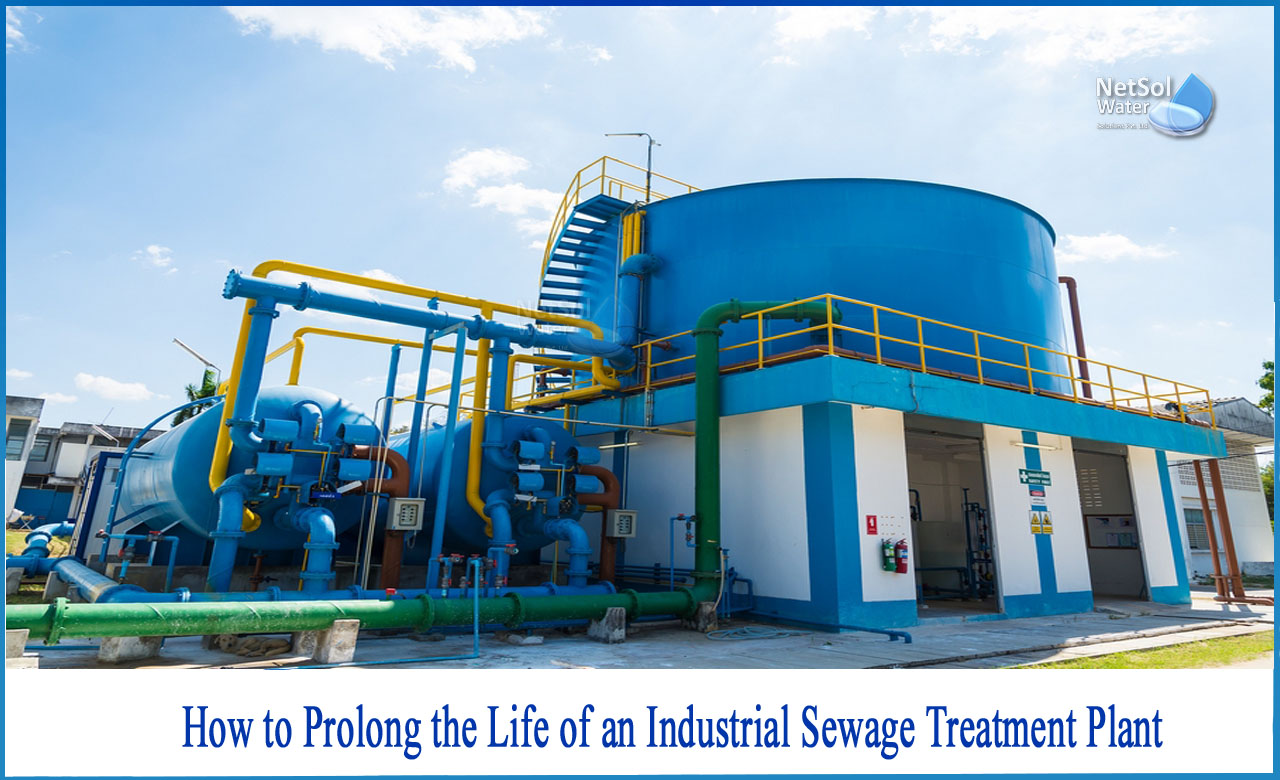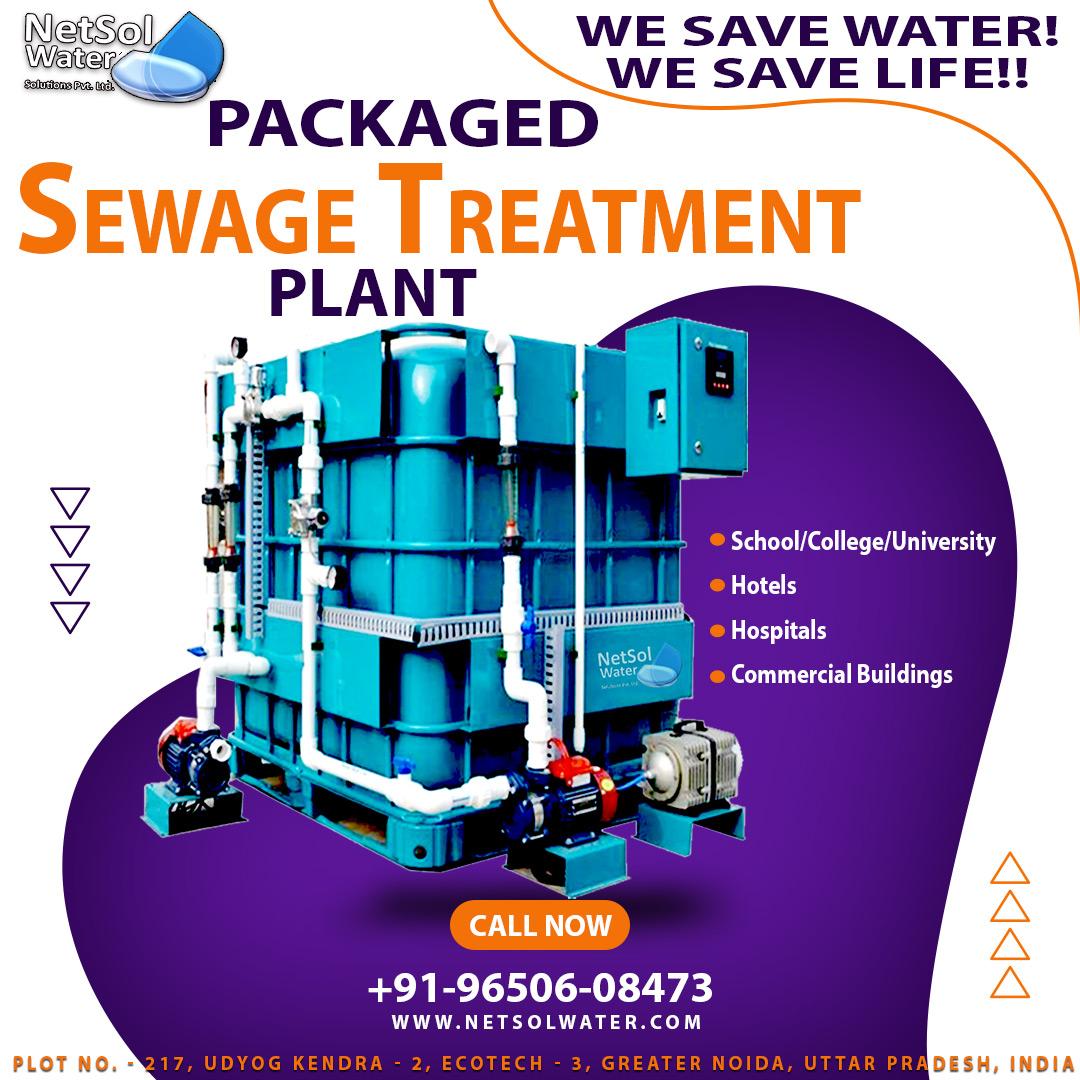How to prolong the life of an industrial sewage treatment plant?
If connecting your house or business to the main sewage line is not practical, a septic tank system is the ideal solution. With the proper septic tank and drainage field in place, you will have all you need for environmentally friendly sewage and wastewater treatment on your property.
Septic tanks are an effective and dependable sewage treatment solution that should offer you with many years of trouble-free service if you maintain your septic system properly.
The lifespan of a septic tank
A septic tank is in charge of eliminating toxins from wastewater and ensuring that it is completely clean before being discharged back into the environment. Without septic treatment methods, animals would grow ill or die, beaches, dunes, and salt marshes would become useless for people and animals alike, and infections would swiftly spread via water, making it dangerous to drink or use.
Such systems, believe it or not, do not need a lot of maintenance. They just need to be emptied once or twice a year, and if done correctly, they may easily survive up to 20 years. However, if they are overused or badly maintained, their lifespan is considerably reduced, and they may be expensive to repair or replace.
To extend the life of your system, it is critical that you pay attention to what you throw down the sink, toilet, and drain. As a general rule, only flush human faeces and toilet paper down the toilet, and only pour tea or coffee (without the grounds) and other beverages down the sink.
None of the following items should end up down the drain:
· Plastic
· Cotton wool
· Food waste
· Damage parts
· Paints and Solvents
· Gasoline or Combustible Fuels
· Motor Oil
· Toxic Chemicals
· Antifreeze
· Sharps
· Pesticides, Herbicides, and Fertilizers
· Poisons including Rat/Mice Bait
· Cigarette butts
· Never pour grease or oil down a drain or into a toilet
Another excellent technique to guarantee that your septic treatment plant lasts as long as possible is to be cautious when cleaning. As cleaning chemicals for the systems can occasionally overwhelm the system, try using a 'less is more' approach. Softer water types typically require cleaners with a lower concentration than hard water types, so always verify the suggested dosage of product for your water type.
It's also a good idea to schedule maintenance to get the most out of your septic treatment system. This is when one of our experts will come out and evaluate the state of your system, identifying any possible problems before they escalate.
Conclusion
Septic tank pumping is an important aspect of septic tank maintenance since it clears your tank of waste and sludge. The frequency with which you should have your tank pumped varies on your consumption and the size of your tank; a professional installation can advise you on a timetable that meets your needs, but in general, once per year or two should sufficient.
Tank pumping isn't the only maintenance that has to be done when it comes to servicing. While pumping will remove waste build-up from your tank, you should still get it professionally serviced on a regular basis. This will involve a check to search for and correct any septic tank issues or flaws, as well as a system clean if necessary.
Our highly trained, competent staff at Netsol Water Solution has a wealth of knowledge that they apply to all tasks, from septic tank installations to maintenance and repairs. Throughout our many years of operation, we have gained experience that allows us to operate on a wide variety of systems.




